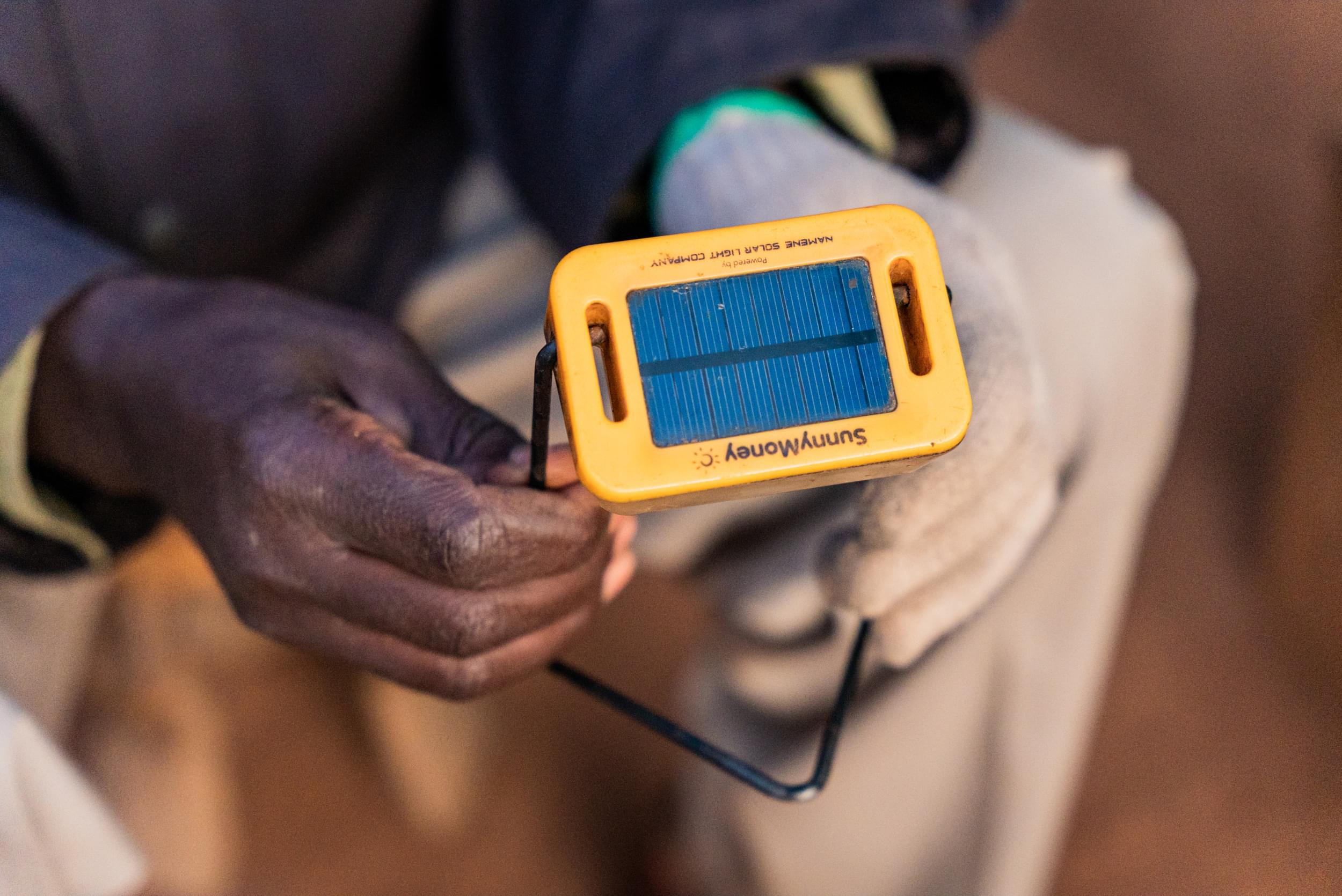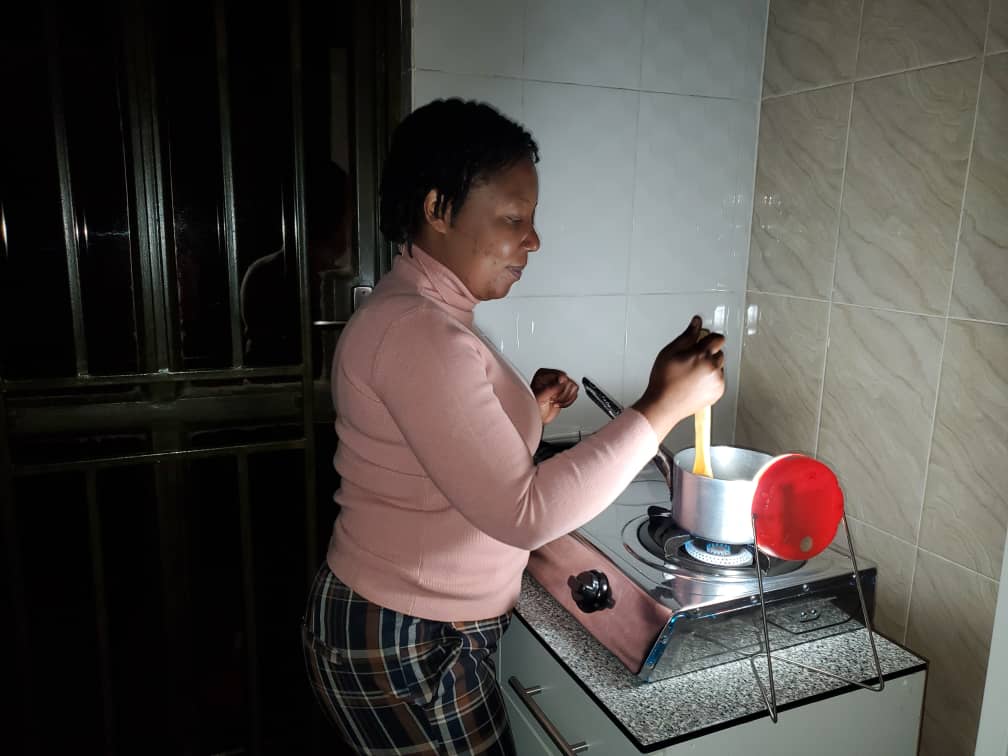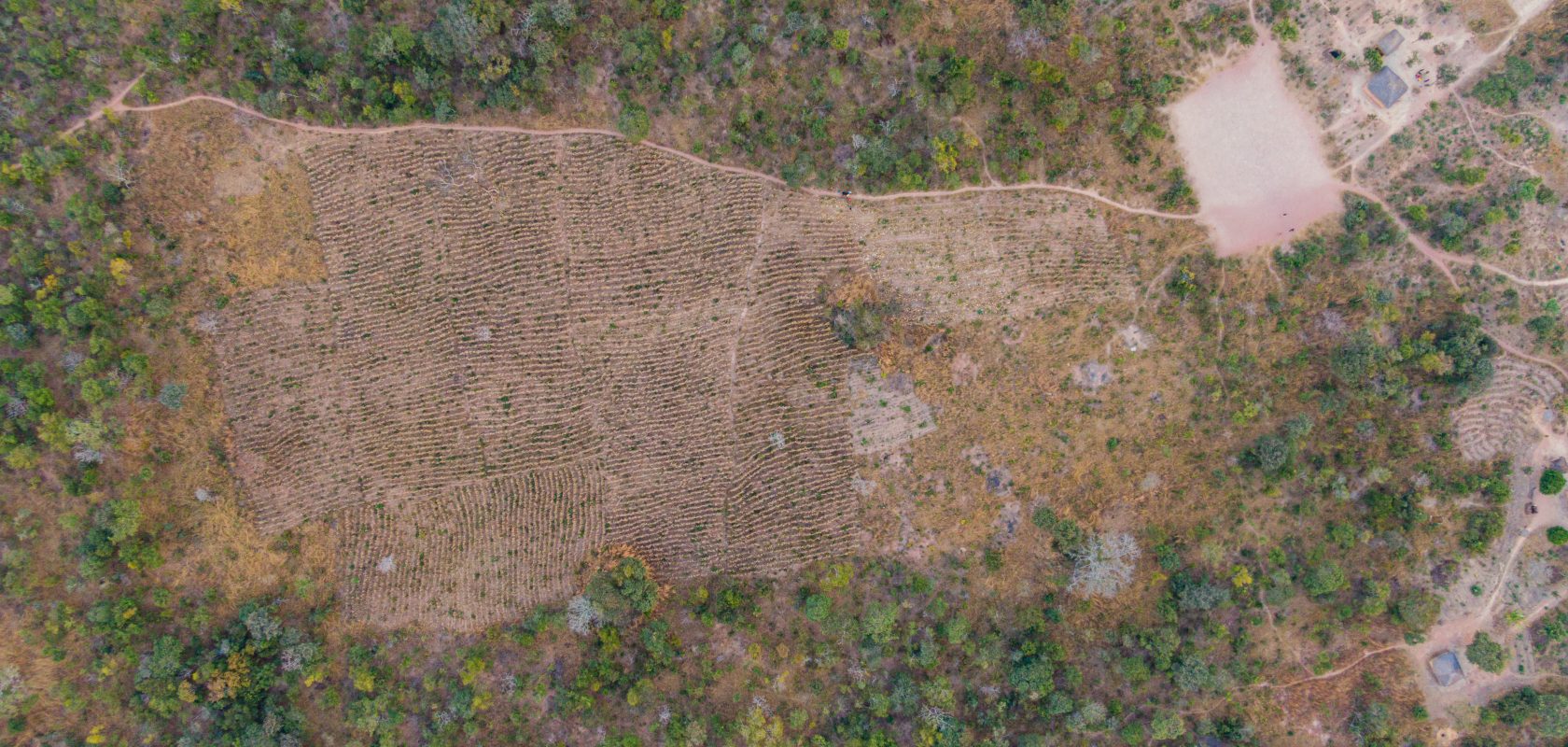The climate crisis is here, and those who have contributed the least are feeling it the most. Zambia is currently facing the most severe droughts in decades. This drought, exacerbated by climate change and the El Niño phenomenon, has had a profound effect on the country, impacting everything from agriculture to electricity generation.
With over 80% of Zambia’s electricity generated through hydropower, the drastically reduced water levels in critical reservoirs like Lake Kariba have led to an unprecedented energy crisis. The situation has become so severe that today, on 1st September, the government has been forced to extend planned power outages (load shedding) to a record-breaking 17 hours per day. However, many people report having experiences blackouts lasting up to 72 hours.
The ripple effects are being felt across all aspects of life, from economic disruption to food insecurity, as over nine million people struggle with the consequences of crop failures and worsening famine.
The Urgent Need for Alternatives
In response to this crisis, the Zambian government is encouraging a “solar explosion” across the country. By removing import duties and VAT on solar equipment, they aim to reduce the strain on hydropower and provide a more consistent energy supply. However, while larger solar installations are being planned, they will require time and resources to implement.
In the meantime, smaller solar products designed for household use have become essential tools for enhancing security and building resilience. At SolarAid, we have witnessed first-hand how these small solar solutions are rapidly becoming a necessity for many Zambians. SunnyMoney, our social enterprise in Zambia, has seen a dramatic increase in demand for solar lights, with office-based sales surging by over 540% compared to the same period last year. These lights are not just a convenience—they are a lifeline.

Smaller solar products designed for household use have become essential tools for enhancing security and building resilience during record-breaking load shedding in Zambia. Photo: SolarAid/Jason J Mulikita
Karla Kanyanga, SolarAid Zambia’s Country Manager, highlights the critical role these products are playing: “With power cuts becoming a regular occurrence, solar lights have become the most reliable source of energy for many. They are not just lighting homes; they are helping people continue with their lives despite the power outages.”
As the drought and power crisis continue to disrupt daily life, there is hope. Solar energy is not only providing a practical solution to the immediate problem of power shortages but also building resilience in communities as climate related events are getting more frequents.
Mpeza Mbewe, one of SunnyMoney Zambia’s customers, shared how she has had to adjust during the load shedding: “The loadshedding situation has really affected a lot of things, and I have had to seek alternative sources of energy. It has just opened my mind to look into alternative sources of energy and not depend on the national grid for lighting and even cooking. I am currently using a gas stove for cooking and just recently started using solar lights for lighting.”
Our own staff members are also relying on solar lighting to cope with the crisis. Beatrice Mwiimbu, one of our Field Coordinators, shared how solar lights are impacting her family: “With the power cuts, solar lights have become essential. My siblings can study in the evenings without disruption, and with the gas stove, cooking has also become hassle-free.”

Field Coordinator Beatrice Mwiimbu cooking by solar light during load shedding. Photo: SolarAid/Thomas Nyangulu
Building a Brighter Future
As Zambia continues to grapple with this unprecedented drought and energy crisis, the role of solar energy has never been more critical. At SolarAid, we are committed to expanding access to clean, reliable energy, helping to build a more resilient Zambia where communities can withstand the challenges posed by climate change.
In the face of this dual crisis, the need for resilient energy solutions has never been clearer. At SolarAid, we remain committed to our mission to bring clean, safe, and reliable solar energy to the most remote and underserved areas in sub-Saharan Africa.
Take practical climate action today? For just £15, you can get a solar light into the hands of someone who needs it. Give today and build resilience for the future.
